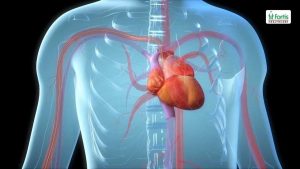Measure Ketones with LEVL: https://levlnow.com/ Please Subscribe for 3-4x Videos Per Week + Live Broadcasts! http://ThomasDeLauer.com Is a calorie a calorie? It’s something that I’ve talked about before. It’s something that a lot of people ask me, and there’s one particular question that comes to mind that I want to address in this video. But before I get to that question, I want to introduce a good friend of mine, Joe Anderson, who’s a PhD in Chemical Engineering and has also published over 40 peer-reviewed articles in the world of pulmonary science. He is an expert in ketosis, and also an expert in how we measure ketones. I think you’re a good person to really talk to about the world of calories. Sure. Yeah, I’d like to. The question that I want to bring to mind is that of, “Is a calorie a calorie?” And what someone brought up to me was if someone were to increase their calories but be on a ketogenic diet, would they still lose as much weight as someone that was just on a calorie-restrictive diet. In other words, if you’re eating the right kind of foods, can you get away with eating more calories? Does calories-in versus calories-out really matter? I want to turn it to you, just briefly just kind of big picture on this on what your take is on that. Then I’ve got some ideas that I want to bounce off you too. Yeah that’s great. I think kind of the short of it is, calories-in, calories-out do matter. But the nuance piece is it depends on what calories you’re putting in. Right? If you put in calories like sugar, and you have less sugar calories than you’re burning, then that deficit, so the difference between how much you’re bringing in, and how much you need, is gonna be subsidized by your stored body fat. Right? The problem with that is how long can you do that for? It may be for a month. It may be for a couple of months, but you’re eventually gonna burn out. That’s why those calorie-restriction diets are very difficult. So what you really want to do is have good calories coming in, and I know a lot of people will go on a diet, and the first thing people will say is eat healthy foods, and a lot times the reason that works is you’re cutting out all those processed junk foods. So once again, the type of calories is important. If you can get rid of foods that cause your body to have dysfunction, and it may be hormonal dysfunction, it may be processing dysfunction, and replace those with good calories, that’s a step in the right direction. Then the second piece along with that, once again the nuance piece, is if you’re on a high fat, low sugar diet. One of the nice pieces with that is it allows you to regulate how much you want to bring in. Right? It satiates your appetite, so you may not overeat with a high fat, very low sugar diet. That’s gonna once again, kind of balance out your calories-in, calories-out. Actually it’s funny you say that. I just did a video yesterday, so it’s fresh in my mind about CCK, cholecystokinin and how ketosis affects that. I don’t want to go into a lot of detail on that but basically, CCK is a hormone that is released especially when you’re in ketosis that does cause you to be satiated. So a calorie is not always a calorie, but one thing that I want to really address in this, and we were talking about this before the video and what actually spawned this video to begin with, was the fact of truly finding where your baseline caloric needs are is extremely, extremely difficult. So to be able to say that you need to be in a calorie deficit, although that’s true because simple thermodynamics do apply. You do need to yes, technically be consuming less calories in order to lose weight. We don’t really know what less calories is, and it can change from day to day because we have so many different external influencing factors. We have things like insulin that will definitely influence other hormones. We have cortisol. We have testosterone. We have estrogen. We have our moods. We have heat. We have cool. We can’t ever determine exactly where we are calorically, where we need to be. Right it’s an average measurement, and it’s measured like you said, it’s probably varying every day. It depends on the conditions, so when you do one of those measurements it’s a measurement that’s taken over about 30 minutes in a resting position in a bed. But like you said, how does that change hour by hour, minute by minute is somewhat unknown. So there is an individualized piece of that that’s certainly gonna change. The other piece that I want to go back to is this calories-in, calories-out and the specific types of calories. You also have to remember to add to that list is you have different types of fat. Right, you have the white adipose tissue or the brown adipose tissue. The use of fat in the brown adipose tissue can be separate from energy generation meaning it’s not creating energy for your body to use, it’s just creating heat.
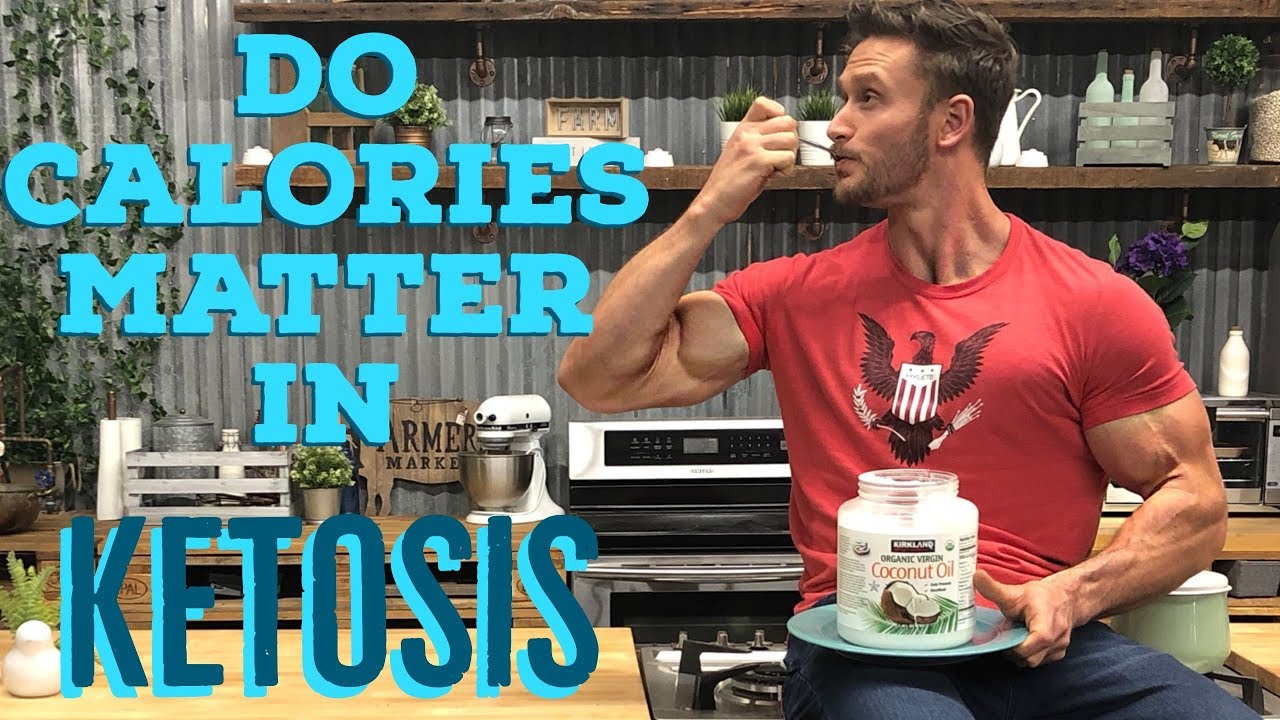
Do Calories Matter in Ketosis: Insulin vs Thermodynamics (With Dr. Anderson)
- Post author:
- Post published:May 23, 2021
- Post comments:0 Comments
You Might Also Like
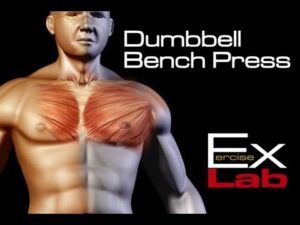
Flat Bench Press Dumbbell-6
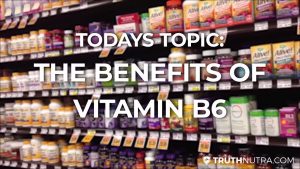
Vitamin B6 Benefits: B Complex Controls Inflammation
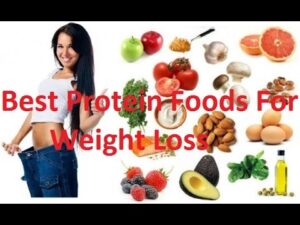
11 Best Protein Foods For Weight Loss 2018

What is Crohn’s disease?
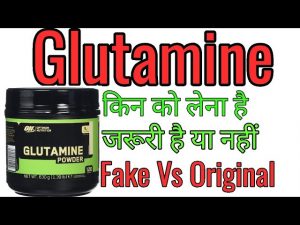
What is Glutamine in hindi ll Do you really need glutamine supplements ll

Powerful All Natural ANTIOXIDANT & HEALTHY JOINTS!

Female reproductive System Part2

What Is Diabetes

Bodybuilding Video – 3
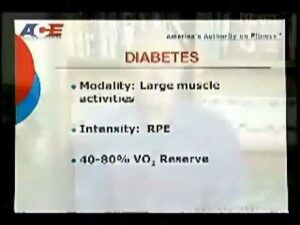
Special Population Exercise Video – 2
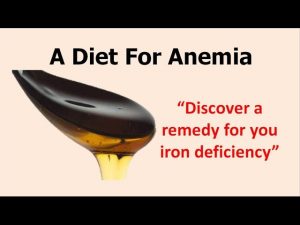
A Diet for Anemia: Treatment of Anemia, Use This Food for Anemia

New Way Of Checking Blood Sugar Levels-Needle Free Glucose Levels
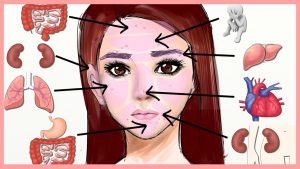
Face mapping: What is your acne telling you?

Seated Cable Rows – Back Exercise – Bodybuilding.com

How to Do a Crunch | Ab Workout

Spa Marketing Video – 4

Pre Workout (EXERCISE) SNACK IDEAS! (Hindi / Punjabi)

Retrosynthesis of propranolol

2D ECHOCARDIOGRAPHY.wmv

BCAA Kya Hai? BCAA Ke Fayde Aur Nuksan | @Fitness Fighters
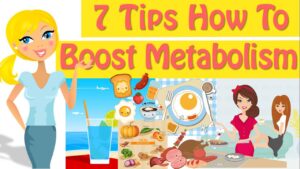
How To Boost Metabolism 7 Tips How To Increase Metabolism

Is jaundice very serious?
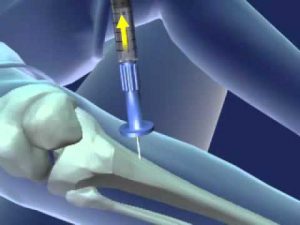
Intraosseous Infusion.flv

Criminal Psychiatry Video – 2

Functional Training Video – 2
Clinical Supplementation

static dynamic smith exercises

How To: Wall-Sit

Human Body, Body Building Muscle Building Anatomy Physiology Video – 37
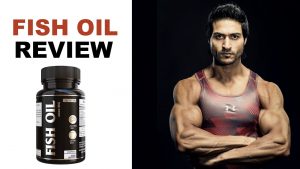
What is Fish Oil? Omega-3 Benefits & Side Effects Review by Guru Mann
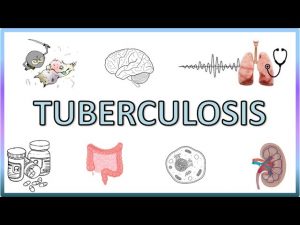
Tuberculosis – Types, Pathogenesis, Signs and Symptoms, Diagnosis, Treatment and Prevention

Deorro ft. Chris Brown – Five More Hours | My Type Of Party: Stretching

How to Do Leg Raises

Fever, tonsils swelling Homeopathic medicines! R1!! uses and symptoms! Inflammation drops
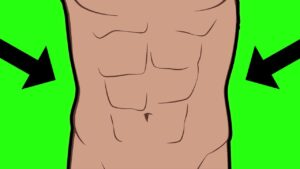
6 Packs Abs Video – 1

How to Do Lateral Raise

Funny CGI 3d Animated Short Film ** AUTO WORKOUT ** Animation by Si Yeun Park & Sheridan College

Androgens and Estrogens and Their Effects on Men

How To: Bands Preacher Curls (Biceps, Arms)

Testosterone & Androgenic Effects Video – 23

BEST SUPPLEMENT CHOICE for BEGINNERS (in Hindi) | BEGINNER BODYBUILDING SECRETS
